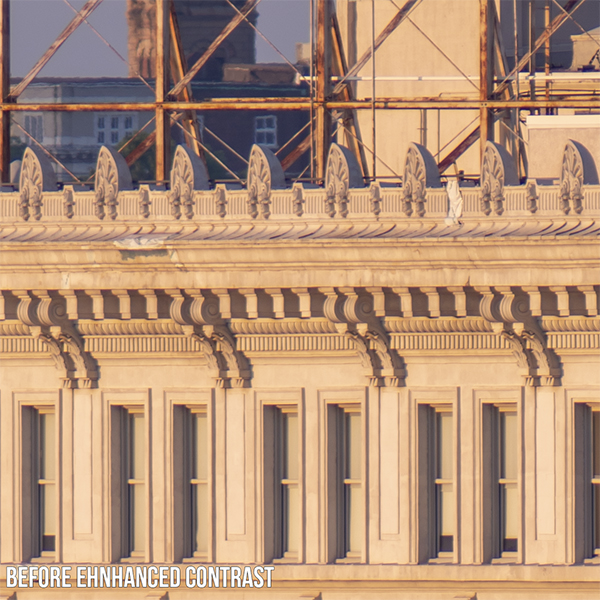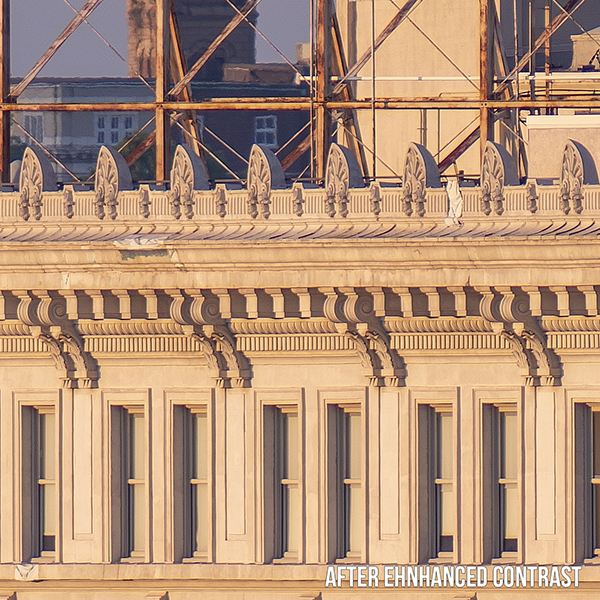Does the Vivitar 500mm lens hold up to it’s hefty $119 price tag?
It is not very often that I need a 500mm lens. I can recall a handful of times I said it would be nice, and maybe once at Indian Beach in Oregon where I NEEDED it. Therefore, the likelihood of me running out and buying a $2000+ lens for one or two shots every once in a while is very impractical.
While I was researching off brand telephoto lenses on Amazon, I ran across this super cheap ($119 at the time of purchase) 500-1000mm telephoto lens. I thought it was too good to be true so I picked one up. I figured I’d only be out $119 if it turned out to be a lemon and it might, at the least, make a good conversation piece in my camera and lens collection. To my surprise, it is much better than expected.
It is not a miracle worker, it is not insanely sharp, and it is quite ugly. However, it gets the shot, or at least the raw data I need so I can exploit it later in Photoshop. Working with it and the raw data from the shoot reminded me of the scenes from Braveheart where his Dad and Uncle both gave him wise advice that his mind was far more powerful than any sword.
When it comes to photo gear, our trinkets, gadgets and high powered lenses can only do so much. But more often than not, with enough brainpower, we can overcome any limitation. Sure, more expensive gear is helpful, but it is not the answer to everything. Afterall, you have to know how to use it!
In this lesson, tutorial, or review (it is kind of all three). I will show you some images from the Vivitar 500mm lens and how I overcame the limitations and produced some very high-quality results from one button on the Zone System Express 5!











I am so glad you put out this video!!!! Long story short. My brother is a Nikon man. I love Canon. We “argue” about which camera is better. What it comes down to, and we both agree, is just what you have said. If you know your tools then you can compensate for the short comings. That is the key. If you know what you can do with your equipment then even a point and shoot Kodak can take a Pulitzer Prize winning photograph.
Thanks Blake.
Such a great perspective! I am glad you get it! So many get caught up in their tools that they forget about the art along the way.
Thanks! It arrives in 2 days ?
a6500
I enjoyed the video, Blake….it definitely puts a dent in the “gear acquisition syndrome” that we struggle with. Use your brain first and you can make a great photo with the gear, and tools, that you’ve got. As for the keyboard warriors (which made me laugh out loud), too bad for them – you made your point crystal clear.
As usual, thank you Blake for a stimulating and informative session. Question: how does using this Vivitar lens with your Enhanced Contrast algos compare with taking the same shot at 200mm with your zoom, cropping to the same view, and finishing with On1 Re-Size or Photozoom Pro?
Thanks,
Dan Carno
I have a (no name) Mirror Lens – 1.8 500mm lens which I find extremely hard to focus but once it is focused it does produce a fair image. I would say it is not quite as sharp as yours though – but maybe that’s just me. Is the Vivitar just a mirror lens as well?
I agree that with practice you can have some excellent results.
I will not have the keeper rate as a long Canon lens but I found a old
Tokina AT-X 300mm f2.8 AF Canon EF mount for 400.00
With a Kenko Teleplus PRO 300 DGX 1.4x AF Teleconverter for 80.00
That gives me a 420mm f4 lens before I put it on my 7D
total I can have a 670mm f4 that will auto focus. Not bad for the under 500.00
Interesting. Had such a lens in the film days. Used it from the back of auditoriums for close ups on speaker. Not relevant to me now, though for I am using 4/3 mirrorless cameras. I have a modest priced 75-300 f/4.8-6.7 zoom that is effectively 150 to 600 and it does well at 600. It’s about 5 inches long.
Great lens for the money. Thanks Blake as I would not have known about this option without this post. Using a 2x extender on my 70D give me in the range of 1500mm for about a $100. Perfect for the 1-2 times a year I need it.
My next try is using 2 extenders. I’ll need a bright day for that. But if it works, imagine 3000mm for $120. Now if only my eyes were better for the manual focus, I could likely get even better shots.
haha! That would be awesome!